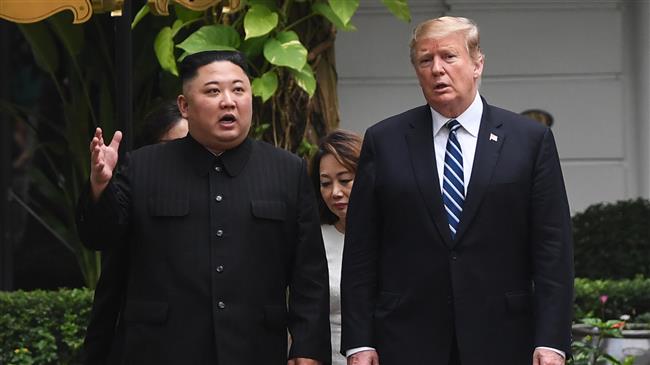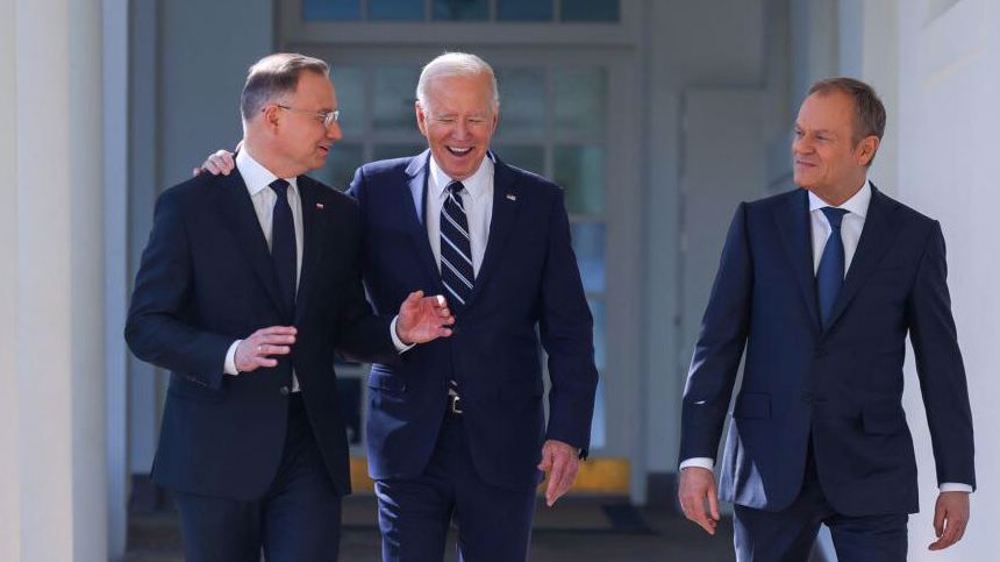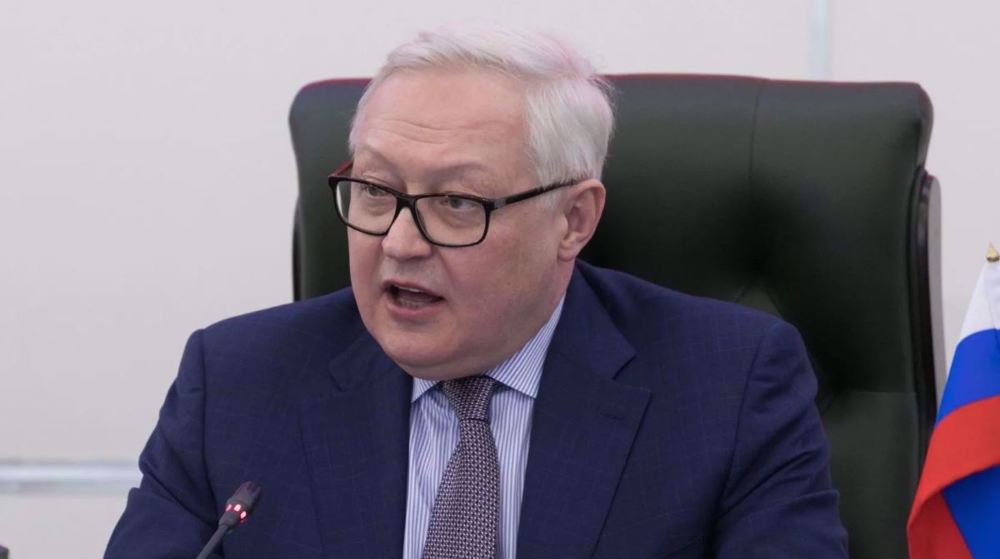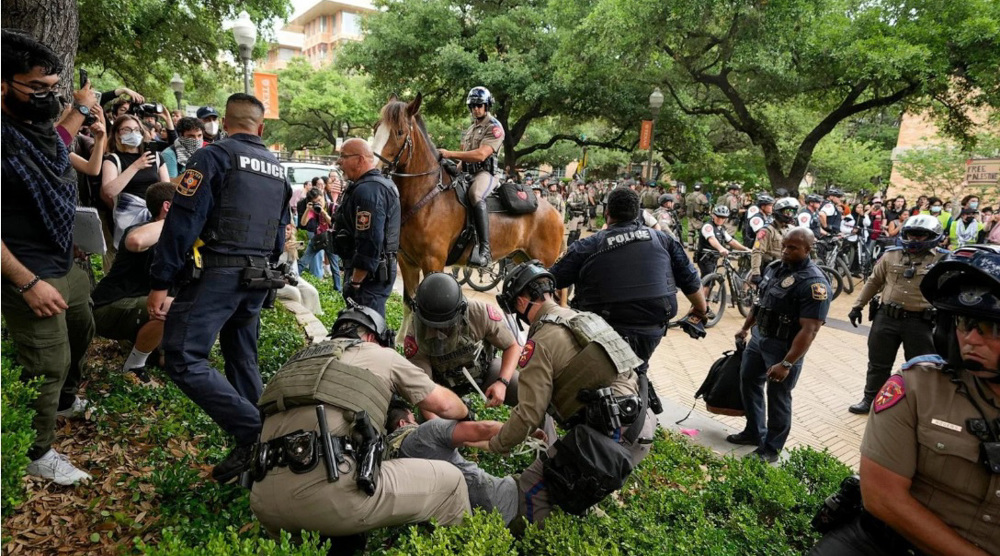Trump concedes defeat, North Korea retains nuclear arsenal
By Dennis Etler
The second summit between Chairman Kim Jong-un of the Democratic People’s Republic of Korea (DPRK aka North Korea) and President Donald Trump of the US recently held in Hanoi, Vietnam has ended in failure.
The summit took place at a time when Trump is faced with the damaging testimony of his former personal lawyer Michael Cohen before Congress and the impending release of the Mueller Report.
The US president is in desperate need of foreign policy wins to serve as a distraction from his domestic woes. As a result, the failure to reach an accord with Kim was cast in as positive a light as possible with Trump continuing to heap praise on the Korean leader, emphasizing his promise not to conduct any further nuclear or missile tests.
The stumbling block however was Trump’s refusal to lift economic sanctions against North Korea. Without the removal of sanctions, Kim has no incentive to fully commit to denuclearization.
The bottom line is that Kim has played Trump like a fiddle. He has gained a level of recognition from a US president that would have been previously inconceivable and he has retained both a credible nuclear arsenal and missile delivery system. In addition, both Beijing and Moscow are now far less likely to go along with Washington’s sanctions regime than in the past.
Elsewhere, Trump’s foreign policy initiatives in Syria and Afghanistan, calling for troop reductions and eventual withdrawal of US forces, have faced blow back from deeply entrenched forces within the US military-industrial-congressional complex and have been largely scuttled.
His foreign policy team, made up of neocon die-hards, has also upped the ante in Venezuela, explicitly calling for regime change and sponsoring a coup d’état by a US trained Quisling politician.
So why is Trump willing to put the Korean question on the back burner? Trump’s foreign policy cabal of Israeli sycophants and Christian Zionists are more concerned with attempts to isolate Iran than North Korea, indulging Trump his infatuation with Kim Jong-un.
They are focused on destabilizing oil rich Venezuela and containing oil rich Iran. In their estimation, Venezuela looks ripe for the plucking, but Iran is a much harder nut to crack. Neither has nuclear weapons so they are fair game for regime change.
As may be remembered, the first DPRK-US summit in Singapore occurred after Kim indicated his willingness to meet with Trump, a first for leaders of the two nations. But, as the recent summit failure demonstrates, it was North Korea’s nuclear arsenal, not Trump’s sanctions, that brought Kim and Trump together at the negotiating table.
Trump jumped at the chance to back away from his war-mongering rhetoric. Kim’s talk of denuclearization was enough to start the process of reconciliation but it has not been met with any meaningful concessions from the US side, such as a reduction, if not elimination, of US imposed economic sanctions.
On the other hand, both North and South Korea have continued their rapprochement. President Moon Jae-in of South Korea has spoken in favor of a continued relaxation of tensions between the two.
Both China and Russia have also voiced their support for the reconciliation process and the need for removal of US sanctions.
There was some speculation that the US would finally relent and call for an end to state of war that still exists on the Korean peninsula by calling for a formal peace treaty with the two Koreas and the US as signatories. That all came to naught however as the US was not prepared to make the necessary commitments to normalize economic and political relations with the North.
Trump does not seem in a hurry to reach a final deal, instead opting for a continuation of the current status quo. The same appears to apply to the aborted trade war with China.
With the 2020 presidential election season looming, Trump wants to resolve the trade dispute with China ASAP in order to shore up his base of support which has been adversely impacted by reductions in US exports to China and tariffs on Chinese imports.
Both the Hanoi summit and the trade talks with China are based on expediency, not principal. Trump at this point has more to gain than lose by dampening down conflicts with both North Korea and China.
(The views expressed in this article do not necessarily reflect those of Press TV.)
*Dennis Etler is an American political analyst with a decades-long interest in international affairs. He is a former professor of Anthropology at Cabrillo College in Aptos, California.
Columbia, Yale students bent on ending US support for Israeli genocide
VIDEO | Genocide in Gaza
Iran calls on BRICS to play role in stopping Israeli crimes
President Raeisi’s historic visit opens new chapter in Iran-Pakistan ties
Russia: Poland’s talks on hosting US nuclear weapons ‘dangerous’
VIDEO | Israel’s genocide bounty
India’s home minister vows to end Muslim reservation if his party wins
UN expert calls for arms, oil embargo against Israel










 This makes it easy to access the Press TV website
This makes it easy to access the Press TV website